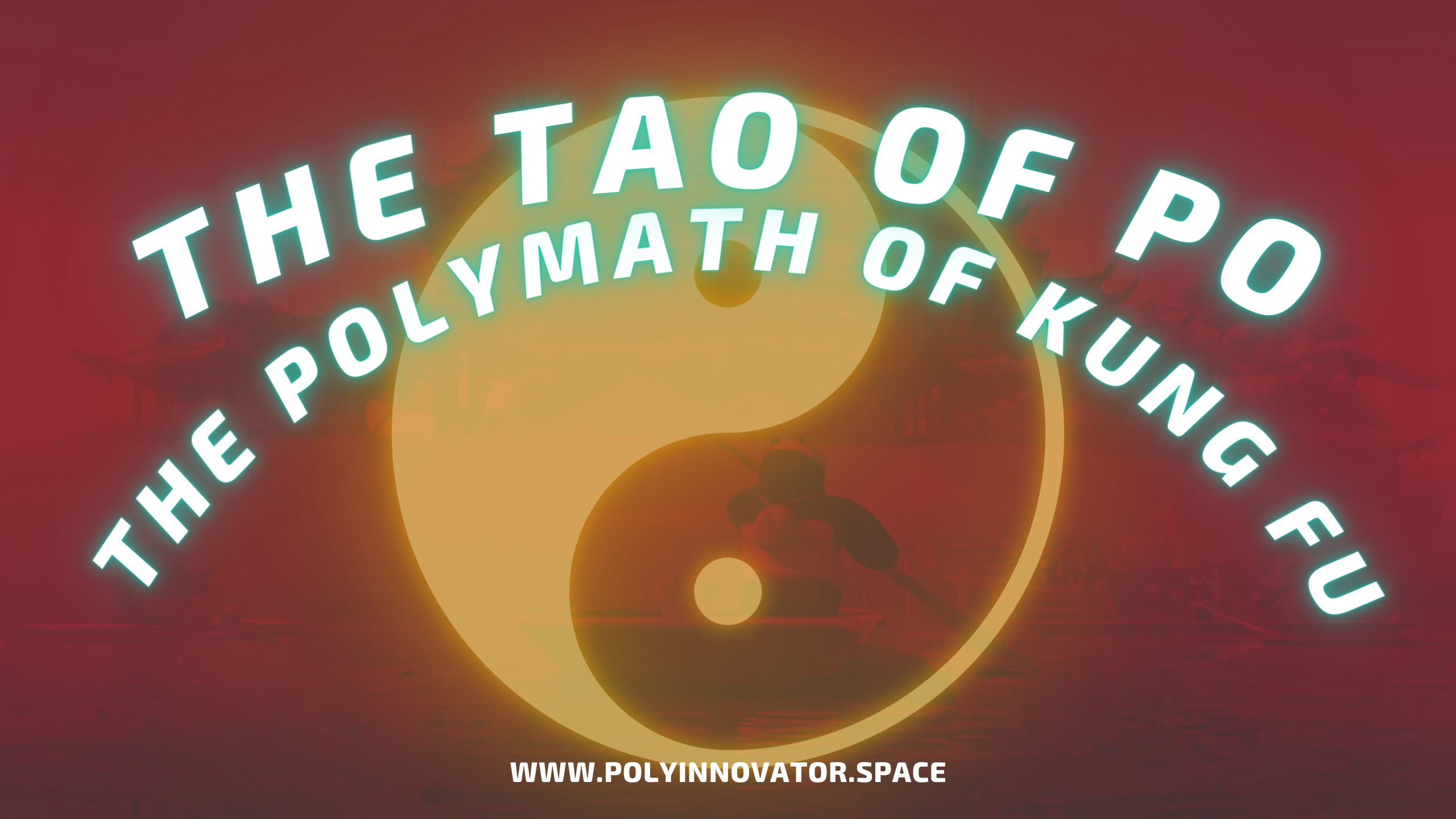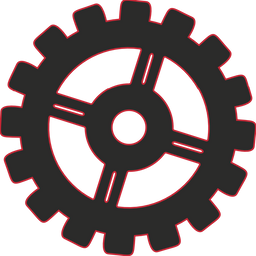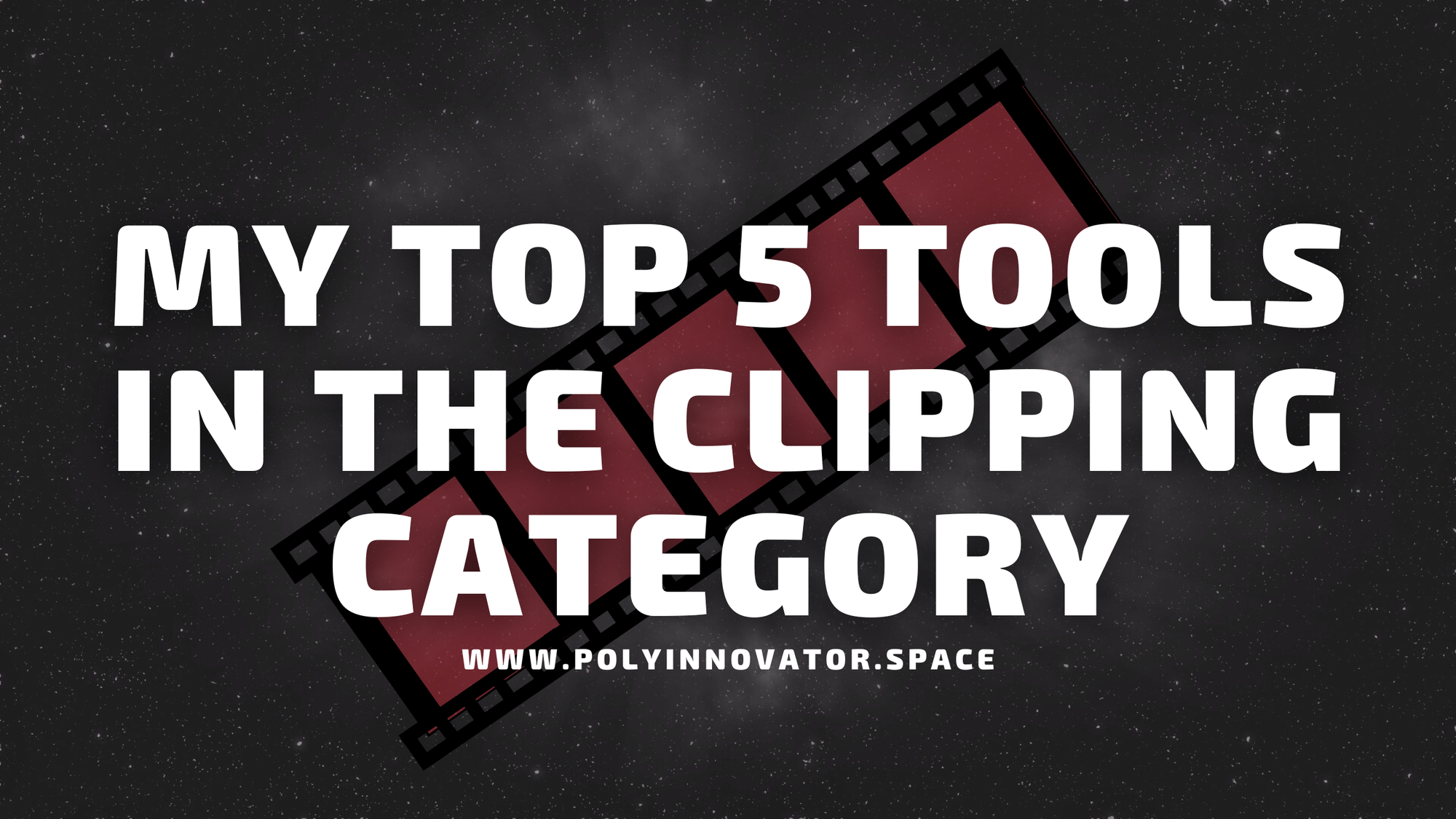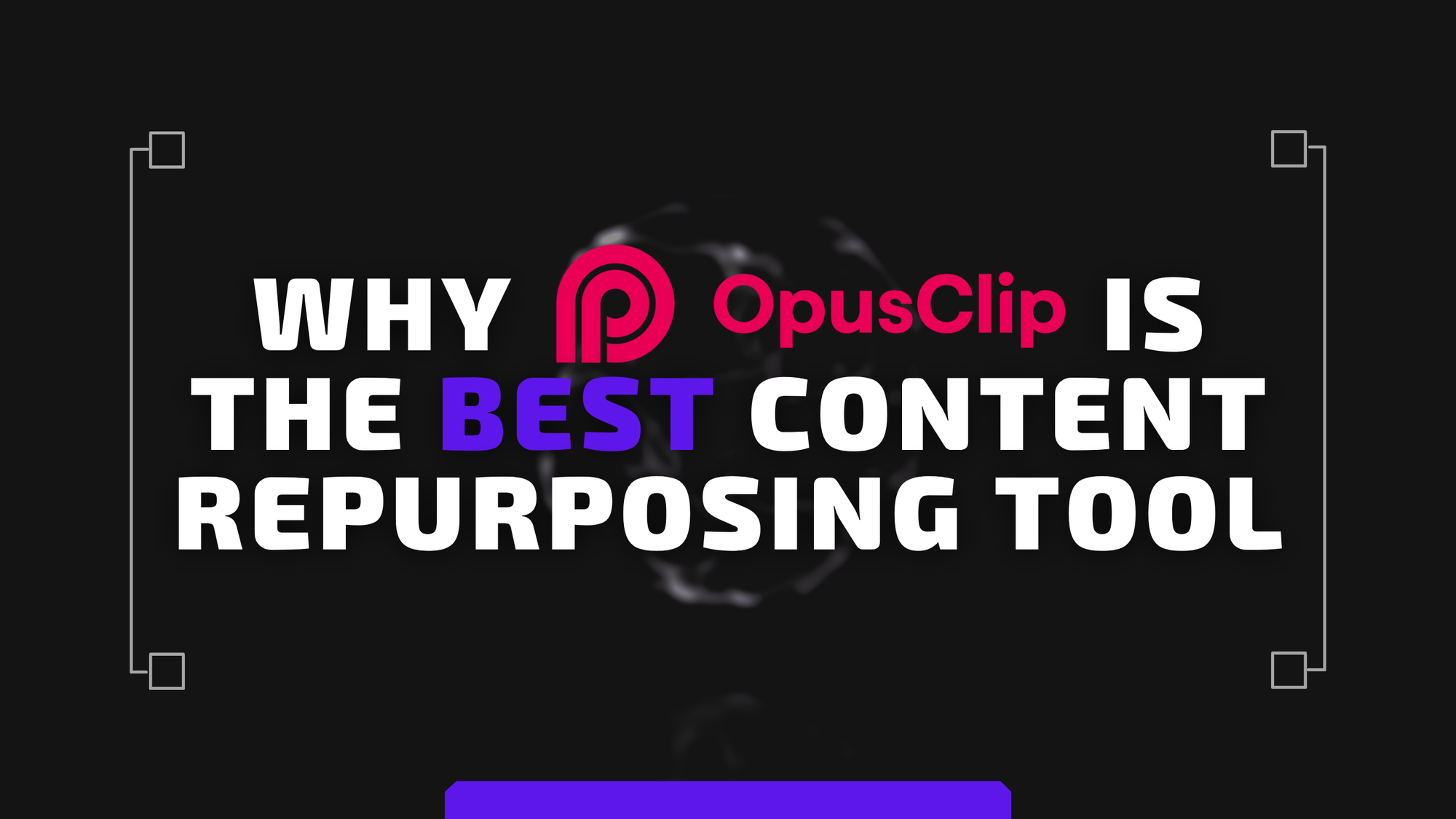The journey to polymathy is not a one size fits all. Some people like to do many things at once (the jack of all trades approach), or they like to do one thing after the other (the serialized or multi-specialist approach).
You should read this post if you are either one of those pathways, as you are leaving massive progress on the table otherwise.
I believe that in order for someone to become a true polymath, someone of great many skills, there needs to be a systematic approach to doing both journeys.
That is the point of this post, to explain both pathways, and to show you why you need to do both not just one!
Why do we juggle or serialize?
As multi-faceted living beings, there are many aspects of life that we may not consider to be skills. Such as hobbies or side interests. How you approach those in addition to your job, that is the width vs depth argument. One must create a system to pursue all of them at once, while focusing on the main goal.
This is a blog post I have been thinking about all year. For two reasons actually, one is that the topic kept coming up in conversation with multidisciplinary people, and two I was FAILING at my own system.
I know exactly what it is like for people like us to not be able to achieve the things you set yourself out to do. Whether it is polymathy related, neurodivergency, or even just pure procrastination for anyone. There are too many things to do, and not enough time.
Some people such as multipotentialites or jacks/jills of all trades, they often find themselves spreading too thin. I would argue it isn't "unfocused" like how some specialists might deem it so, as many of these people are systemic in their own way. However there is a power to focusing on one thing.
CONVERSELY.
The other approach is that of the serialized way of things. When I say serialized I am thinking more in the macro, such as the old person who has had many jobs over the course of their life. It could be that they became a polymath purely by happenstance, but they did give up on many of their side dreams along the way.
Juggling is more micro switching, but not enough time to make deep progress. You can make progress, but it is harder and takes even longer since you are split.
Serialized is focused, but lacks the interoperability of doing many things. Let alone you often give up some smaller things, that could later on become something big for you.
The trick is not to either, but rather both...
Related Post:
Pursuing multiple things at once, while also becoming the one thing you are meant to do, that surely aligns with this post. Check it out!

How can we successfully become one?
Everyone has their main focus of their life, it could be their job, side hustle, a family, or even just a hobby. I remember at one point in high school my only focus in life was Fallout New Vegas. I literally would go through my days solely so I could come home and play more of that game. For those who are in the know, then I don't have to explain. Otherwise you might not think it was that important, but the point is that to me it was that important.
Eventually the focus would lead away from something of a video game, to more of a professional pursuit. That of work or a side hustle in this case, and how you manage your time is something that determines how successful you are.
I'm not saying you need to be on Elon Musk's level where he works 100 hours a week, split between two to three companies. That is insane, but for him it is what he desires to do.
The Juggling Approach
Let's say you have ten hours a day to work with, as we accounted for eating and sleeping. Ten hours only, and if you are juggling then presumably you'll be spending maybe an hour to three hours on each interest. You might think that is too little of time, and for a lot of people it is. Although for others if you are consistent enough, then it ends up working out.
Where a lot of the problems arise is when you are doing ten items at day, at only an hour each, and you don't get any deep work in (deep progress in that area).
The Serialized Approach
The other approach is that of the specialist, pure focus into one area, and while it works you sacrifice other things. So maybe 9 out of 10, or literally all ten of your hours are spent into that one field/focus.
You'll get a lot done in that one field, but perhaps you leave behind starting a family, pursuing your hobbies, playing games to relax, or doing other things that make you happy.
The Combined Approach
As much as I truly respect both previous approaches, I think they both are inefficient. The reason being is that both approaches are on the left side of The Multidisciplinary Spectrum. Going too wide, or going too deep, and not spreading yourself out like branches in the tree.
Check out this chart from my post on the Spectrum:

You can see the monomath, and the lower two Multi/JoAT's, as all three are on the far left of the flow. The point of this chart is to show where someone is on the scale of knowledge pools. How many and how deep.
I often mention the T-Shaped person as an alternate route, and whilst it is more in the middle. Reaching for a better goal in the long run, it too is also not quite deep or wide enough. Mind you this is the version one of the chart, and it has improved since then. However by going more down the middle path, then you align yourself with the focus of polymathy more greatly.
What Constitutes a Polymath?
Someone with many deep pools of knowledge and/or learnings. Meaning you don't stick to just one field, AND you also go deep into the expertise of your fields.
There are many ways people view polymaths, but the goal is the same: to become well knowledgeable in many areas.
If you were to go down this path, which I'd argue you already started, then you have to think about the macro and micro plans ahead of you.
Personal Takeaways
Juggling the micro actions, day to day, hour to hour, tasks in your life; While also pursuing a macro goal over the course of years. I don't want to say decade, but it also fits in the macro sense. Perhaps I'm just too young, and a few decades from now I'll state it will take a decade for the macro.
You'll need to balance your time, most of it on the macro goal, then split between your micro goals. Both past and present, as you can't let your old skills die, but you also want to gain new ones too. Hence the PolyInnovator "phases".
Think of the 80/20 rule, 80% on the macro goal, 10% on the past interests, and 10% on new interests coming in. Personally I almost want to make it 60/20/20, but it really depends on you and your life.
Related Post:

Take a System and USE IT!
Whether you adopt the Pareto Principle (80/20), the PolyInnovation Operating System, or some sort of gamification life os; There is something out there to help you organize your life.
You can't succeed with only small skill in many areas, but you also can't be fulfilled with just one deep knowledge pool; We are multifaceted beings, and need a plethora of interests to keep life engaging and lead to prosperity.
As I said before this post has been on the slow burner for a while, it may not be super long, or even in depth in some areas. However the points remain very true, and if anything resonated with you (if not all). Then I encourage you to sit down, and think about why that is.
Managing your time for the micro and macro is crucial to your path on becoming a polymathic person.
![Official Website for Dustin Miller PolyInnovator [LLC]](https://polyinnovator.space/content/images/2025/03/polyinnovator-logo-2024.png)












